
Willpower
Rediscovering the Greatest Human Strength
Read or listen offline
Amazon KindleRecommendation
People with the best intentions often fall short of their self-improvement goals. Social psychologist Roy F. Baumeister collaborating with New York Times writer John Tierney explain why, and give you some tools to work with as they share the results of years of study of human self-control. Their presentation is quite academic for a self-help guide to correcting bad habits, as it frequently cites various studies, but it provides a very interesting background. getAbstract recommends this information-heavy look at why just saying no doesn’t work – and what you can do instead.
Summary
About the Authors
Roy F. Baumeister is a professor of psychology at Florida State University. John Tierney writes the science column Findings and has worked for The New York Times since 1990.









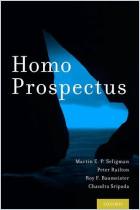

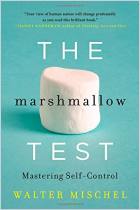
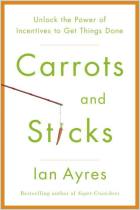

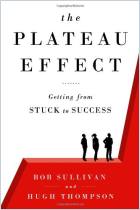
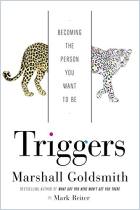
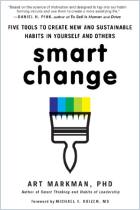


Comment on this summary or Diskussion beginnen